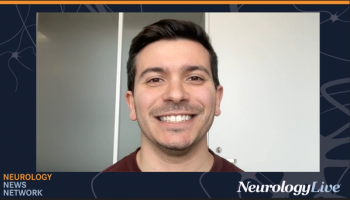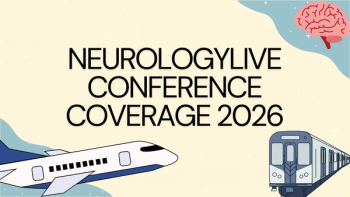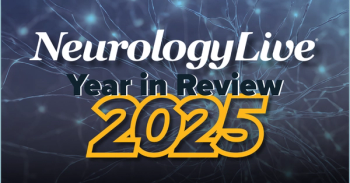
Shared Decision-Making in Migraine Management
Dr Williams discusses the role of shared decision-making in treating patients with migraines.
Episodes in this series

Kita Williams, MD: Regarding shared decision-making among providers for our patients, I think this is the highest form of collaborative medicine. That’s the beauty of having these conversations between colleagues; it helps achieve the best outcome for the patient. Because often we’re all specialized. Everybody’s in their own area: I’m taking care of your headache, and someone else is taking care of your blood pressure, etc. We’ve gotten so specialized that we don’t have these necessary conversations. We must understand as clinicians that there is not a one-size-fits-all approach for patients; there is not a standard patient. I enjoy speaking with my colleagues about a patient and their condition, especially about whether the medicines I want to prescribe may interact or conflict with a medicine they’re taking currently, or whether a medication I want to prescribe could help something else that the patient has. I’m saying, “As opposed to you taking this medicine for your blood pressure and me giving you something else for your headache, how about we use this medicine that could kill 2 birds with 1 stone?” These are the kinds of conversations I’m not only having with the patient, but also with their primary care provider. I like to think of it as a journey when we are taking care of patients. I believe we are walking this journey with the patient, and I tell the patient I’m going to incorporate them into the decision-making. When patients feel heard and valued, when we incorporate them into the decision-making process, it tells the patient I’m not going to just make a decision that I think is best for them, but I want some buy-in from them; I want them to have a say. I will mention the medications I have in mind, and we’ll go from there talking about the adverse effects, what we are expecting from the medication, and from there, we can make a decision as to what is best for that patient and their lifestyle.
Transcript Edited for Clarity
Newsletter
Keep your finger on the pulse of neurology—subscribe to NeurologyLive for expert interviews, new data, and breakthrough treatment updates.










